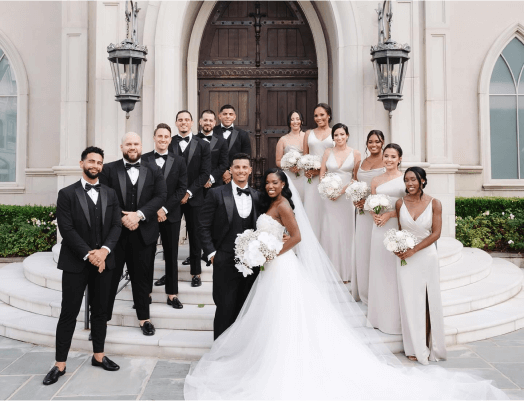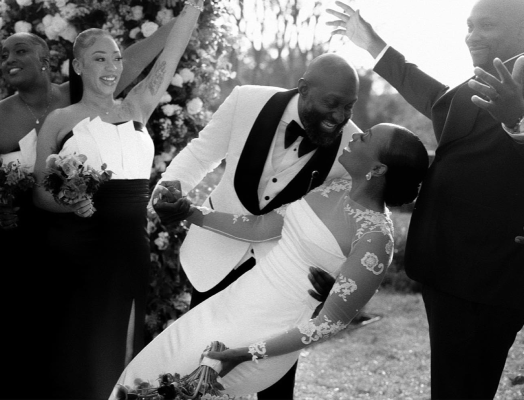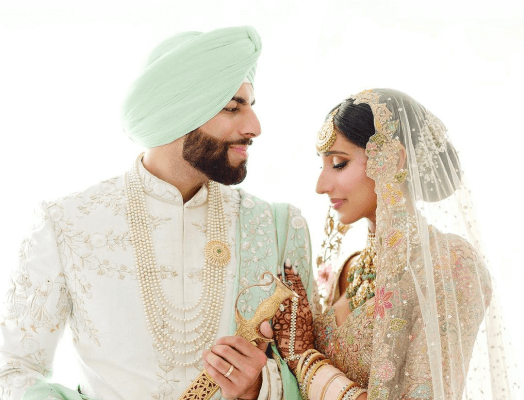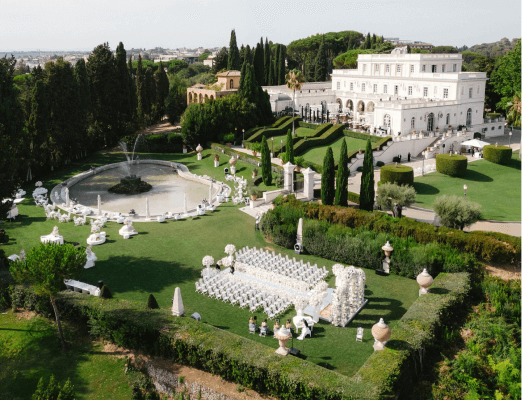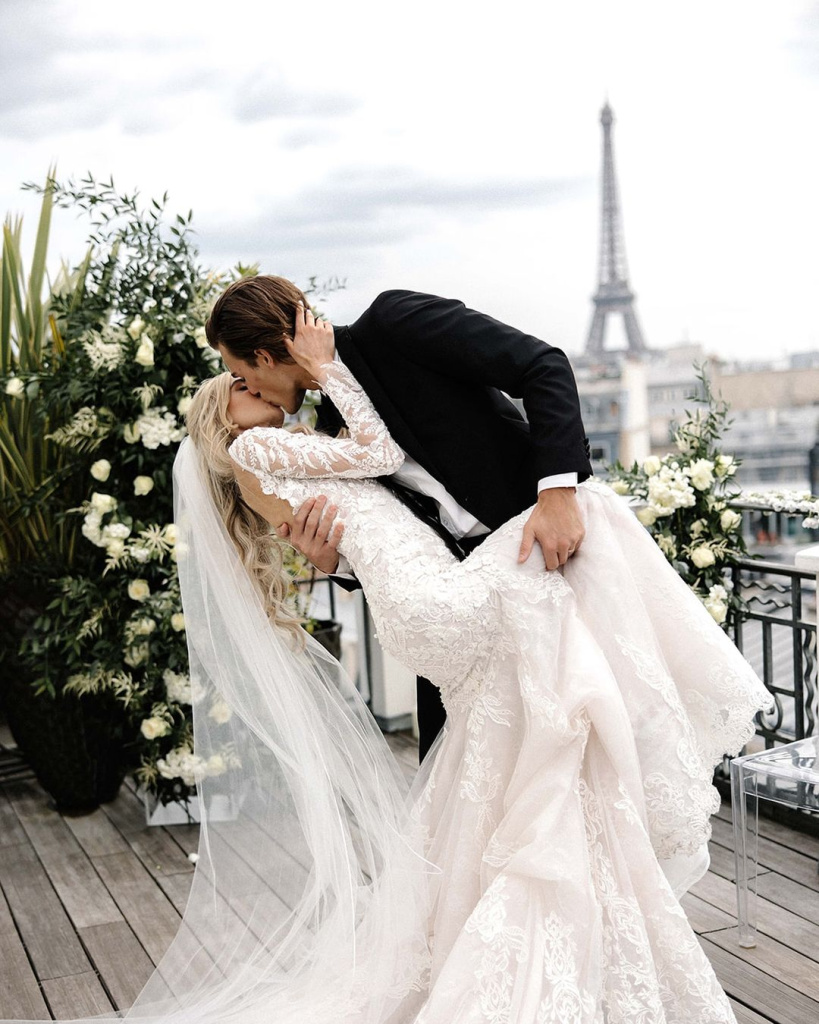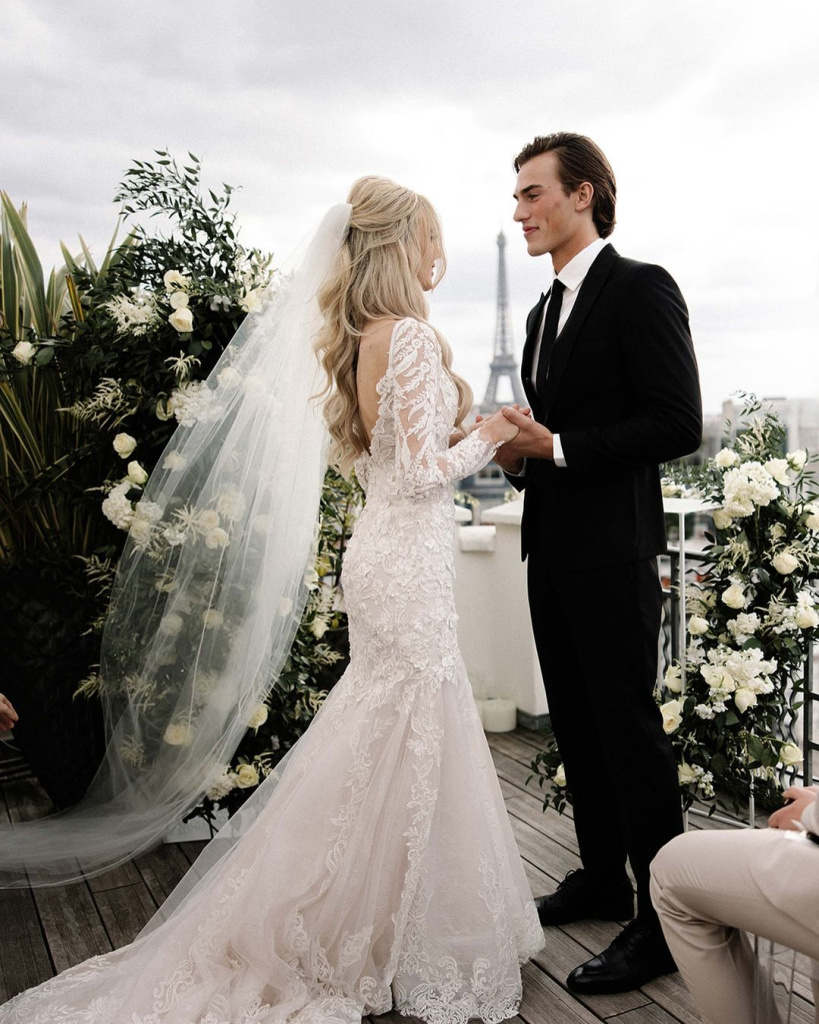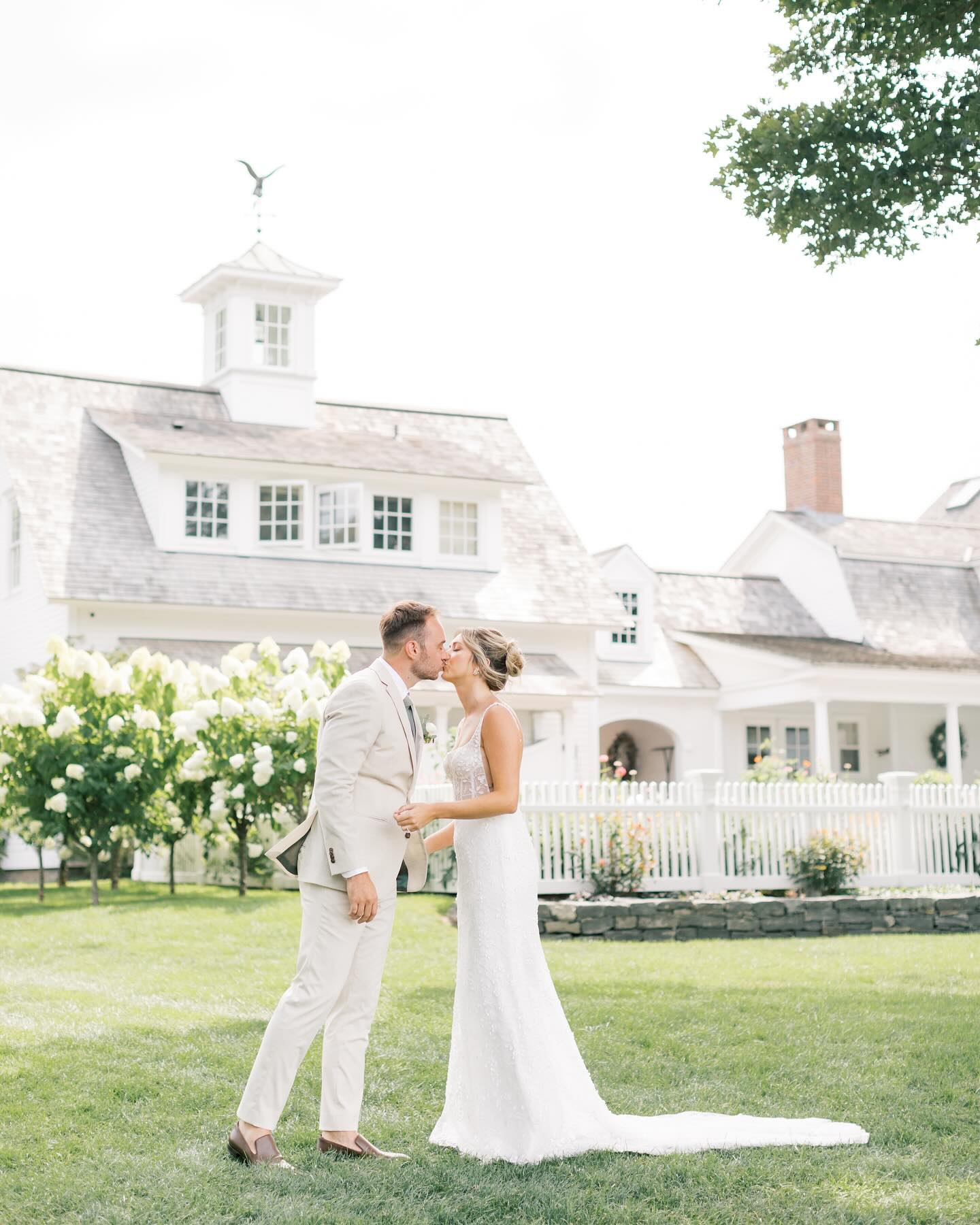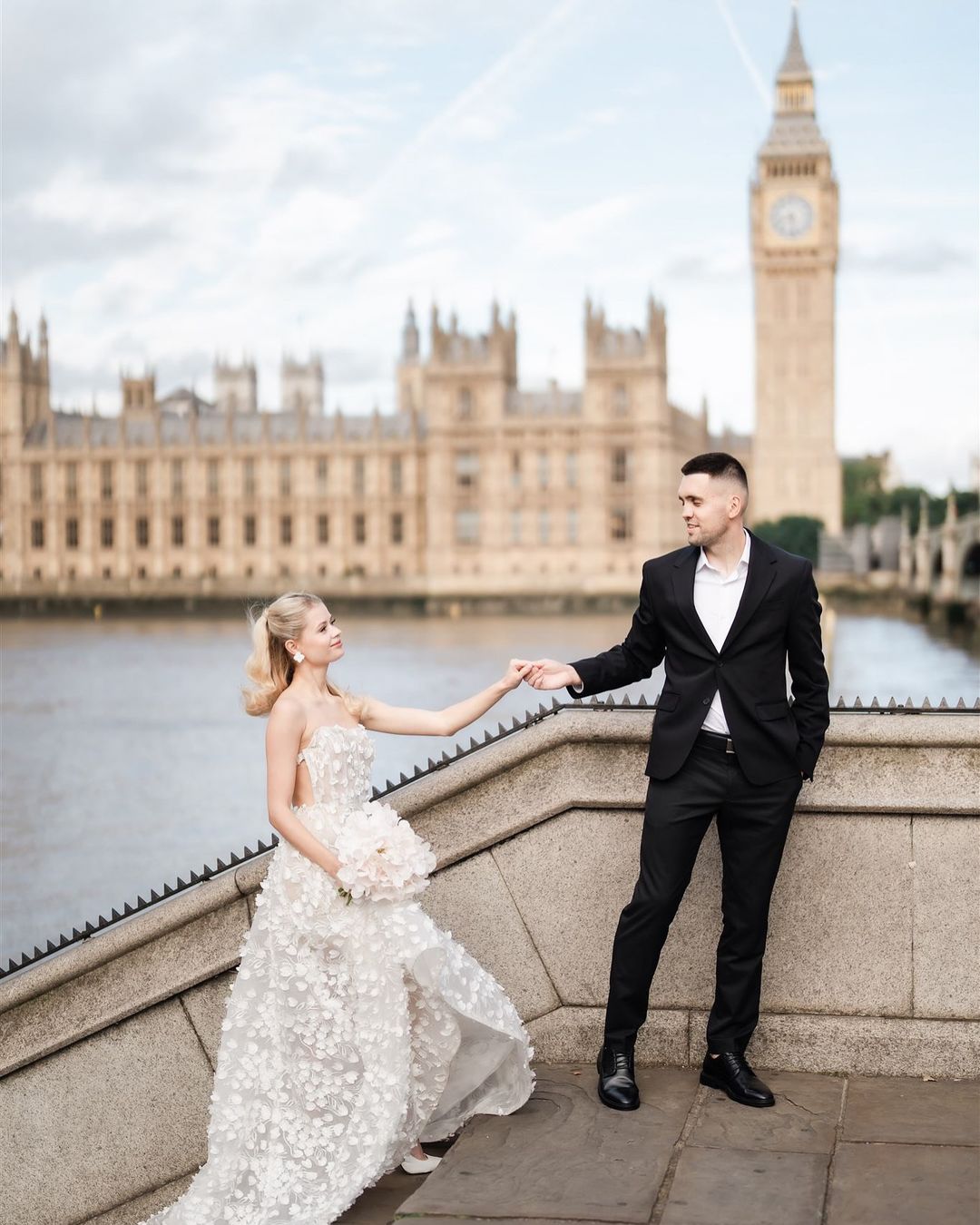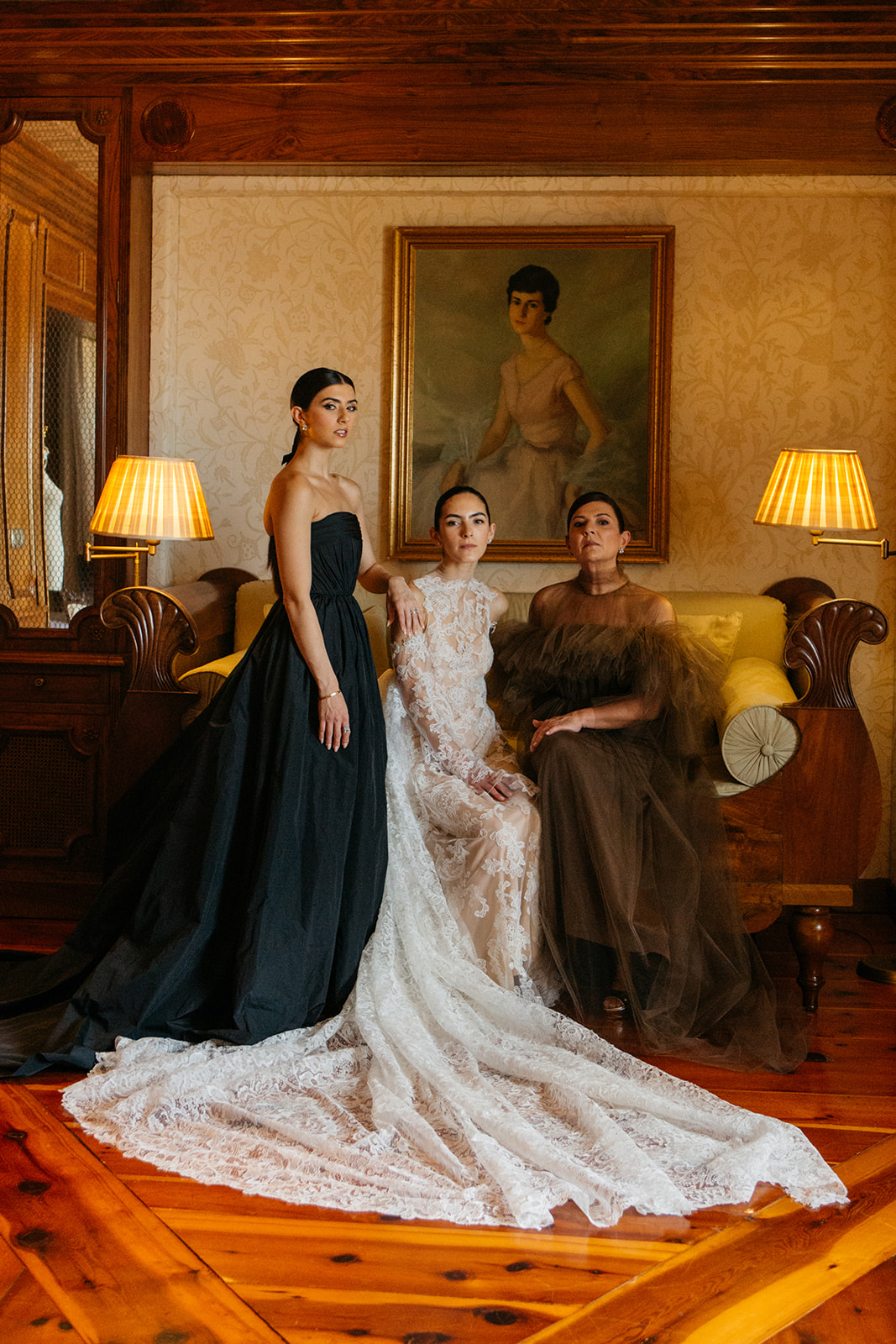How to Plan a Destination Wedding in Paris: Tips for International Couples
- Author: Natali Grace Levine
- Reading time: 10 min 19 sec
- Publication date: 09/20/2024
- Updated: 01/27/2026
Imagine exchanging your vows against the stunning backdrop of the Eiffel Tower, with the soft melody of a French accordion playing in the background. Paris isn't just the capital of France; it's the capital of romance, making it the dream destination for couples looking to add an extra touch of magic to their wedding day. Planning a wedding in a foreign country can seem daunting, but with the right guidance and tips, your Parisian wedding can unfold as seamlessly as a well-orchestrated ballet. Here’s everything you need to know to ensure your destination wedding in Paris is as flawless and memorable as the city itself!
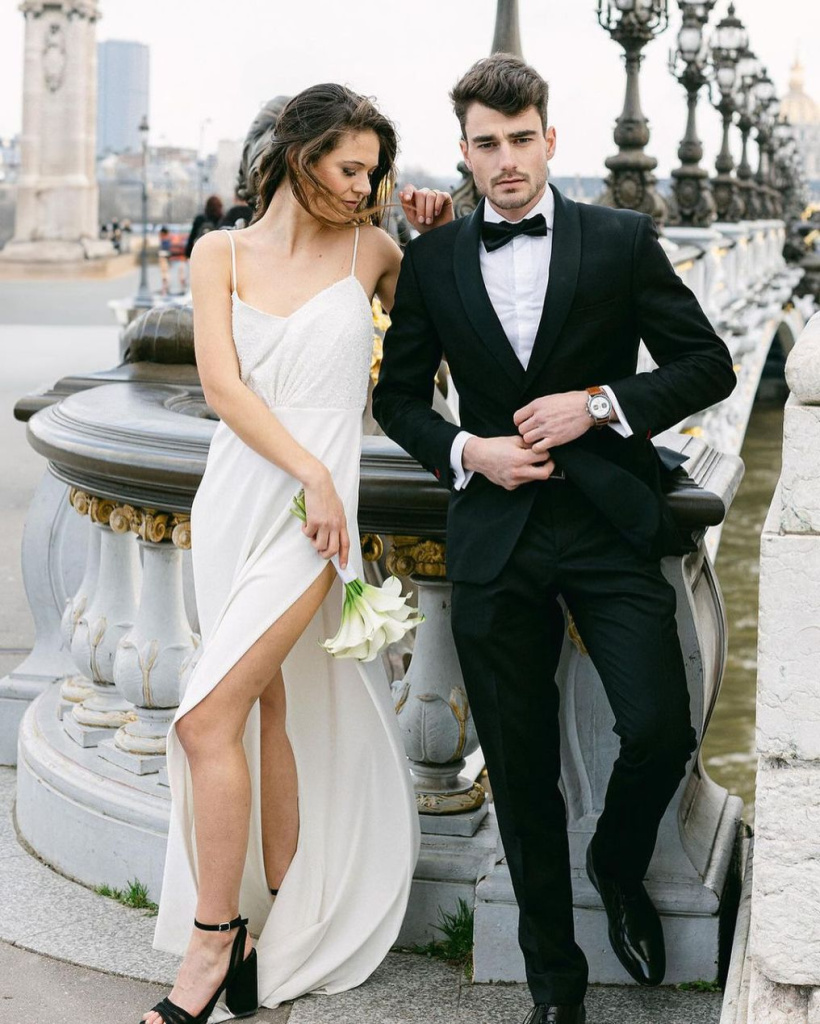
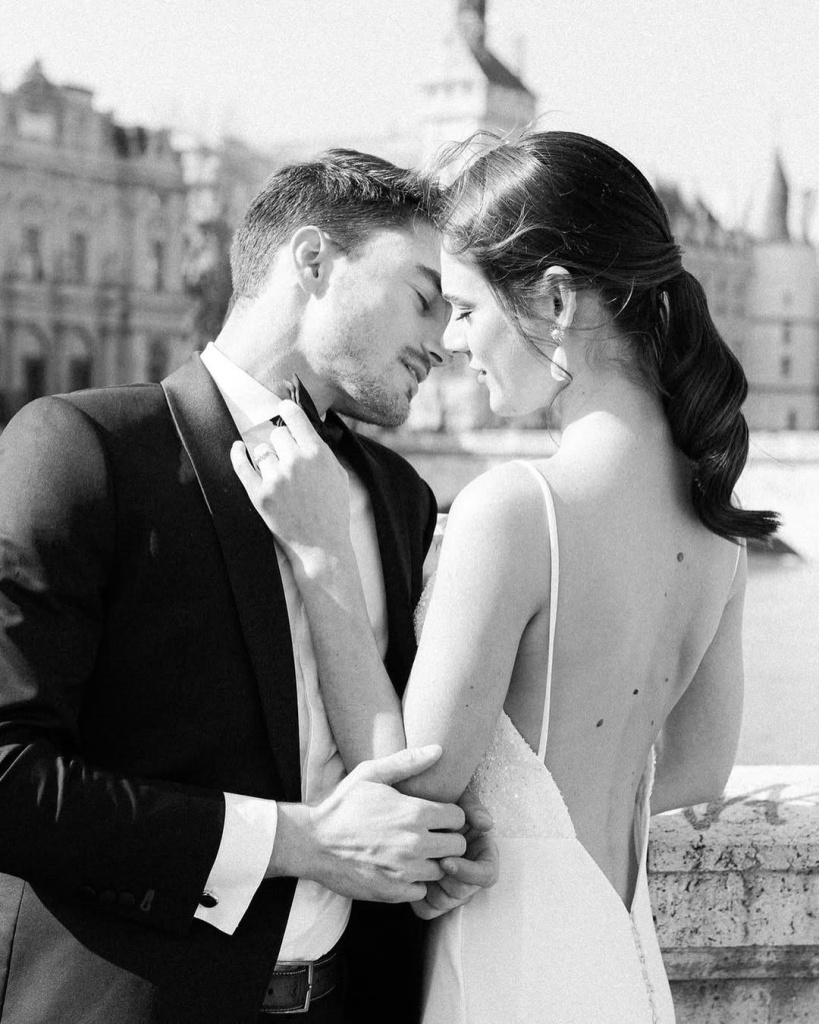
Find Your Perfect Wedding Vendors
Introduction to Paris as a Wedding Destination
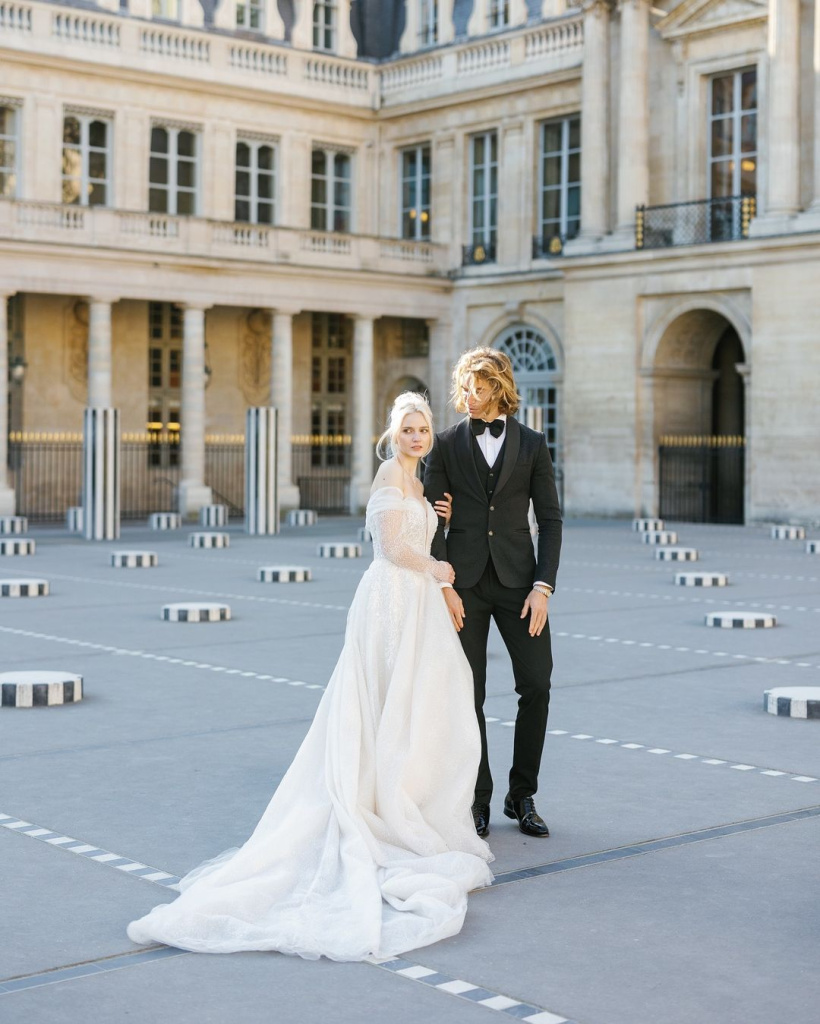
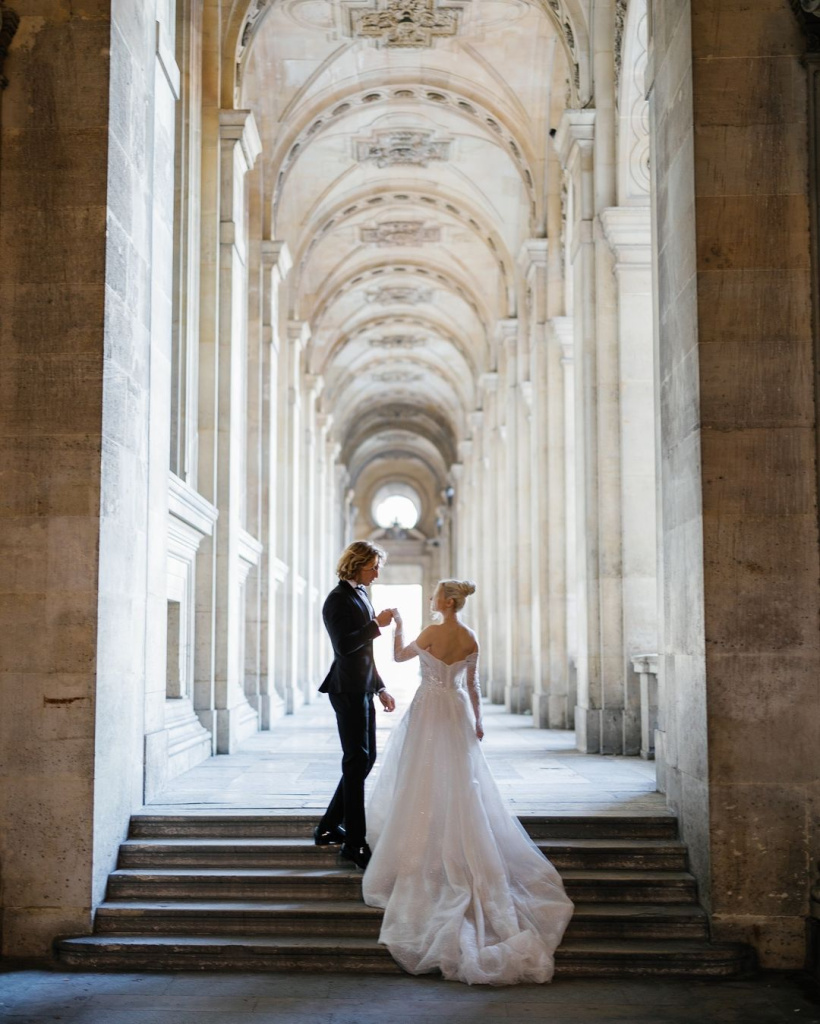
Welcome to the City of Lights, where romance drifts through the air like the sweet aroma of a Parisian bakery. Known globally as one of the most enchanting destinations, Paris offers a backdrop so mesmerizing that it’s a top choice for couples dreaming of a fairytale wedding. The city’s inherent charm and sophistication stem from its grand boulevards lined with centuries-old trees, majestic monuments, and the soft glow of street lamps reflected on the Seine River at night. The allure is not just in its beauty but in its reputation as a capital of fashion, art, and culinary excellence.
Paris is synonymous with style and elegance, making it an eternally classy choice for weddings. Iconic landmarks such as the Eiffel Tower, the Louvre, and Notre-Dame provide not just stunning scenery but a sense of timelessness and history that enriches any celebration. Imagine saying your vows with the panoramic cityscape from Montmartre as your witness or hosting your reception in a historic château just minutes from the city center.
This city is popular among couples not only for its visual appeal but for the complete sensory experience it offers. From the taste of freshly baked croissants and delicate pastries to the sounds of street musicians serenading in quaint alleys, every element of Paris promises a celebration of love that is both grand and intimate. Its reputation as a wedding destination is bolstered by world-class accommodations and services that specialize in luxury and attention to detail, ensuring that every wedding, no matter how big or small, is handled with sophistication and care.
Moreover, Paris's accessibility to other major European cities also makes it a practical location for guests traveling from around the globe. The city’s romantic aura, coupled with its logistical conveniences, solidifies its status as a premier choice for those looking to marry in an urban setting that feels both historic and vibrantly alive. Whether it’s the classic architecture, the luxurious atmosphere, or the city’s cultural richness, Paris holds the promise of a wedding experience that is as everlasting as the city itself.
Understanding Legal Requirements for International Couples

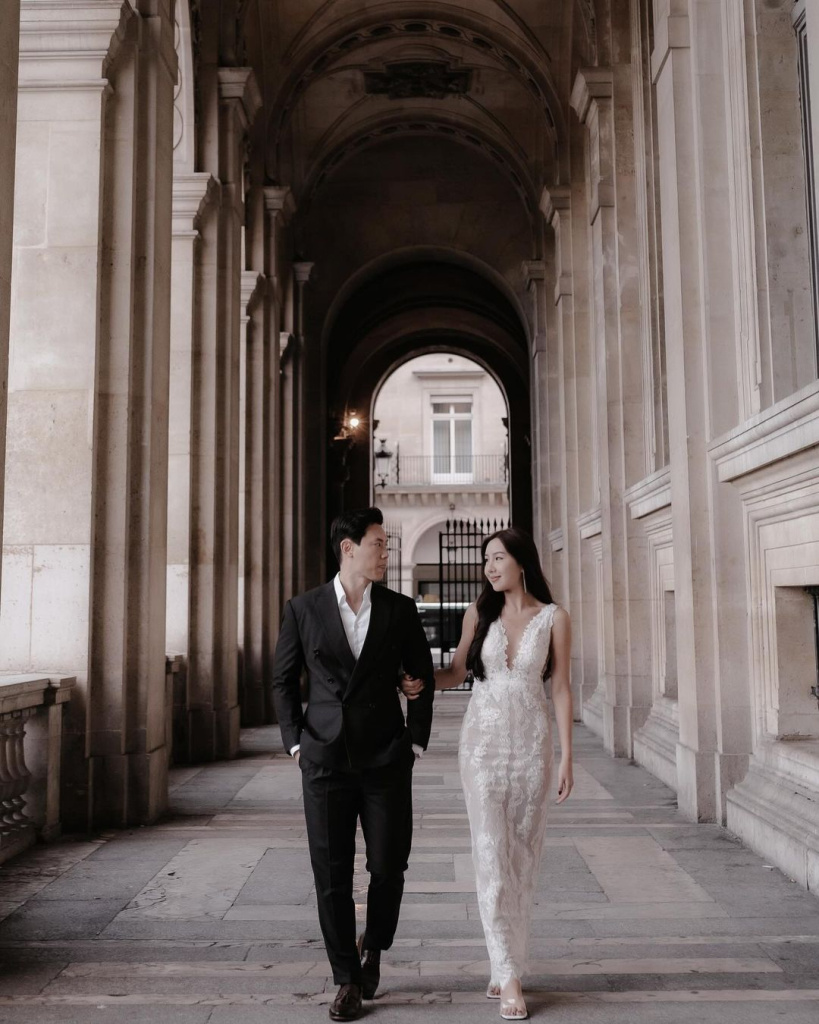
Navigating the legalities of marrying in Paris can be complex, but with a clear understanding and careful planning, international couples can ensure their wedding is both memorable and legally recognized. Here are the essential legal requirements and steps to consider when planning your Parisian wedding.
Residency Requirement
One of the first hurdles is the residency requirement. At least one member of the couple must reside in France for a minimum of 30 days before applying for the marriage. This residency must be continuous and in the district where the marriage will take place. This law is intended to prevent fraudulent marriages and ensures that at least one partner has a genuine connection to the area.
Civil Ceremony
In France, the legal wedding ceremony must be a civil ceremony, which typically takes place at the local "mairie" (town hall). Religious or symbolic ceremonies can follow, but they are not recognized as legally binding without the civil ceremony. The civil ceremony is performed by a French civil authority, and it is a straightforward affair that includes reading sections of the French civil code.
Documentation
Several documents are required to proceed with marriage in France, and they must be submitted to the town hall where the marriage will occur. Commonly required documents include:
- Proof of residency: Utility bills or a lease agreement can serve as proof.
- Birth certificates: Recent copies (typically issued within the last three months) with an official translation into French.
- Valid passports: To confirm identities.
- Certificate of celibacy: This certifies that you are not already married. It might require a sworn statement.
- Certificate of Law: Also known as “Certificat de Coutume,” this document affirms that you are free to marry according to the laws of your home country and that your marriage will be recognized there.
Translation and Legalization
All documents not originally in French need to be translated by a certified translator. Additionally, depending on your country, these documents may also need to be legalized or have an Apostille stamp to be considered valid in France.
Publication of Banns
French law requires the publication of marriage banns at the town hall for a specific period before the marriage can occur. This publication is essentially an announcement of your intent to marry, allowing anyone with knowledge of a legal impediment to the marriage to come forward.
Consider Hiring a Local Specialist
Given the complexity and specificity of these requirements, many international couples opt to hire a local wedding planner or legal advisor who specializes in French marriage law. These professionals can provide invaluable assistance, ensuring all paperwork is completed accurately and submitted on time.
Choosing the Perfect Date and Season
Selecting the right date and season for your wedding in Paris not only influences the ambiance and aesthetic of your special day but also affects practical aspects like guest attendance and venue availability.
Spring (March to May)
Spring in Paris is a spectacular choice for weddings due to the city blooming into vibrant colors. The weather is pleasantly mild, and the gardens of Paris, such as those at the Luxembourg Gardens or Tuileries, are in full bloom, providing stunning natural backdrops for your wedding photos. However, this is also the beginning of the tourist season, so popular spots can be crowded, and prices for venues and accommodations may be higher. To secure your preferred vendors and locations, advanced booking—ideally a year in advance—is recommended.
Summer (June to August)
Summer offers warm weather and an abundance of natural light, ideal for evening celebrations that can stretch into the cool, late hours. You might consider a Seine River cruise reception to captivate your guests with iconic views under the illuminated Paris skyline. However, be mindful that August is when many locals take their vacations, and some shops, vendors, and small businesses may be closed. Additionally, tourist crowds peak in summer, which could affect logistics and privacy.
Autumn (September to November)
Autumn rivals spring in popularity for weddings due to its mild weather and the beautiful golden hues of the city’s foliage. It’s an excellent time for couples looking for a more intimate setting and softer light conditions ideal for photography. The tourist season starts to slow, offering a bit more privacy and potentially better rates on venues and accommodations. The romantic atmosphere of Paris in autumn, with its gentle breezes and rustling leaves, adds a poetic touch to wedding festivities.
Winter (December to February)
A winter wedding in Paris is for those who dream of a cozy, romantic affair. The city is less crowded, and the winter lights and Christmas decorations create a magical backdrop. Venues are generally more available and can be more flexible in terms of dates and pricing. Additionally, indoor venues like historic hotels or chateaus with their opulent interiors come to life during the festive season. However, the colder weather means you’ll need to plan indoor alternatives for photography and receptions.
Navigating Cultural Differences
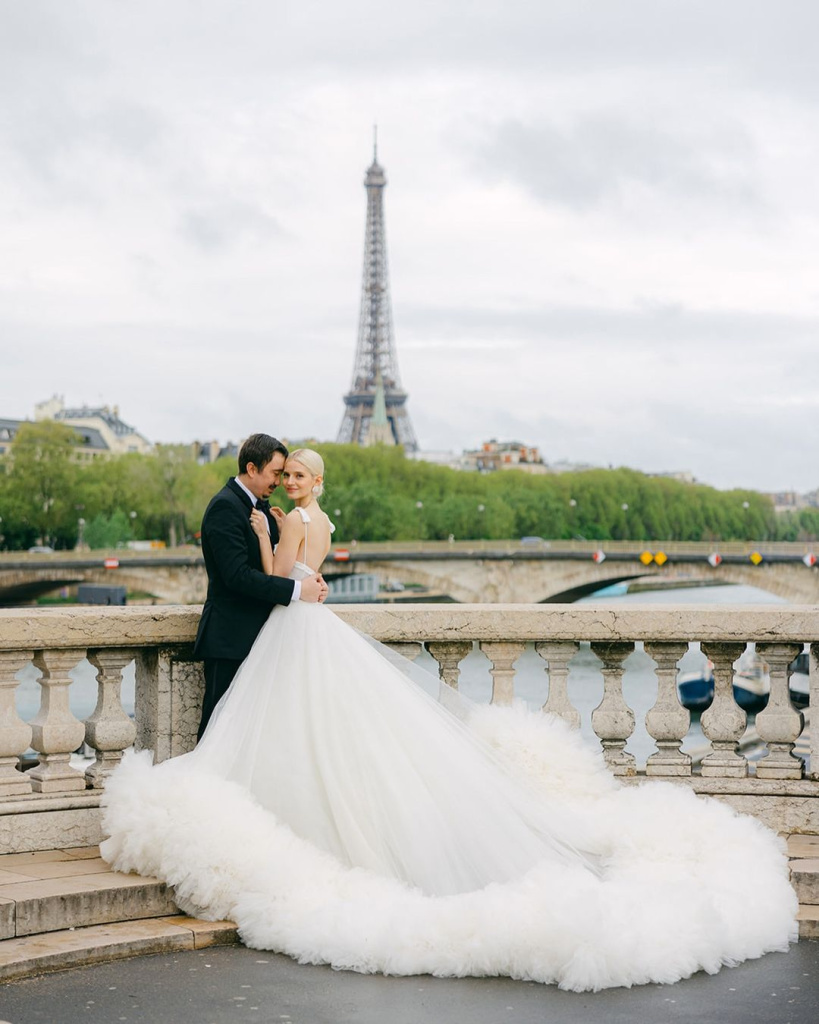
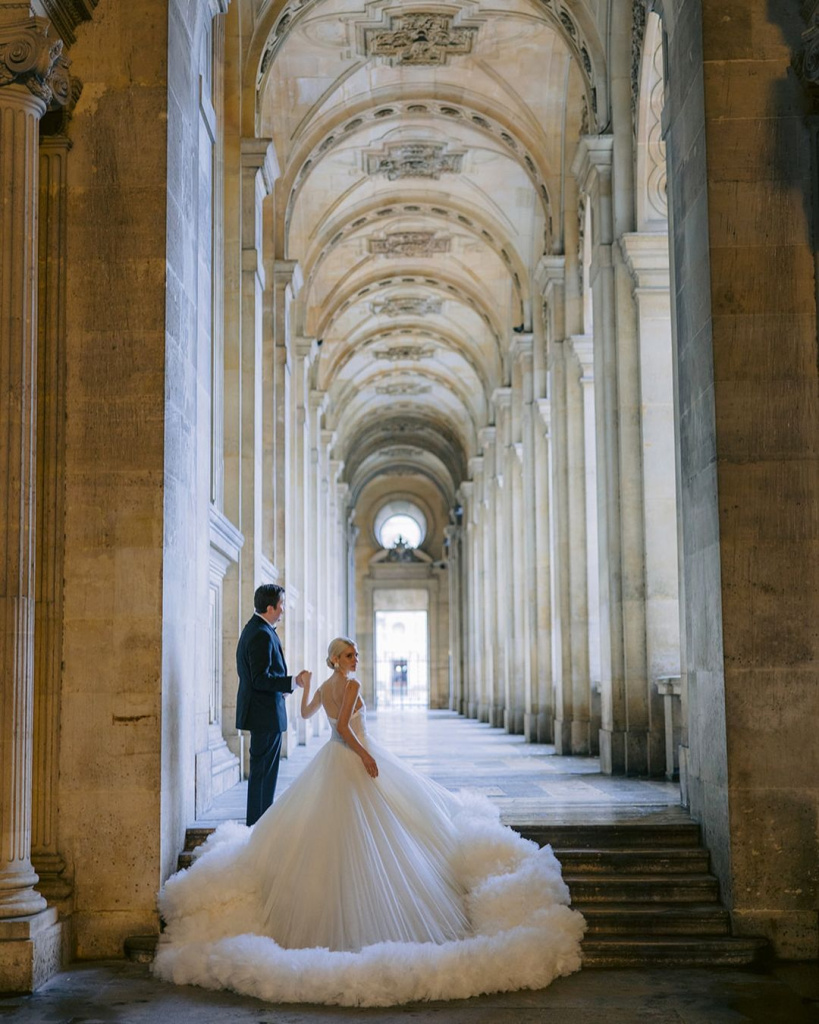
When planning a destination wedding in Paris, understanding and embracing French cultural norms can greatly enhance the experience for you and your guests. France boasts a rich tapestry of customs and traditions, especially when it comes to celebrations like weddings.
Embrace French Wedding Etiquette
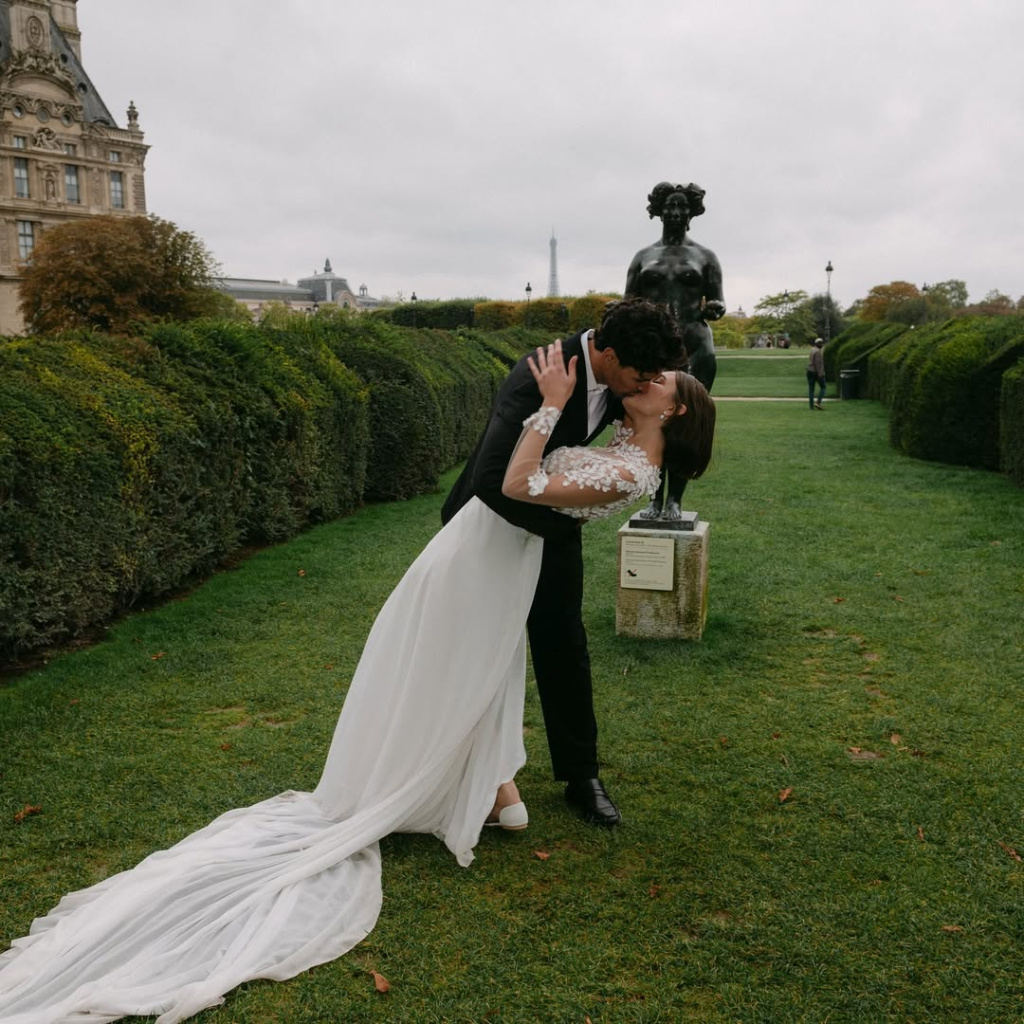

French weddings often follow a specific etiquette that might differ from other countries. For instance, the wedding day in France traditionally starts with small, intimate gatherings before moving to more significant events. A typical sequence might include a civil ceremony at the town hall, followed by a religious or secular ceremony, and concluding with a reception or "vin d'honneur," which is a more extensive guest reception involving cocktails and hors d'oeuvres. Understanding this flow and integrating such elements can provide an authentic French touch to your wedding.
Incorporate French Culinary Traditions
No wedding in France is complete without a nod to the country's world-renowned culinary prowess. Incorporating a traditional French menu can delight guests and provide a truly local experience. Consider classic dishes such as coq au vin, bouillabaisse, or ratatouille, and don’t forget about the cheese course, which typically precedes dessert. For wedding cakes, the French "croquembouche" — a tower of cream-filled profiteroles bound with caramel — is a popular and visually stunning choice.
Understand the Importance of Language
While many people in Paris speak English, particularly in the service industry, making an effort to include some French in your wedding can be a respectful and appreciated gesture. This might involve having bilingual wedding invitations, menus, and signage, or providing a brief French phrasebook in your welcome bags. Even learning a few key phrases yourself can enhance your interactions with local vendors and guests.
Plan for Cultural Sensitivities
French culture places a high value on formality and politeness. When interacting with wedding vendors and guests, a formal approach — using titles such as "Monsieur" or "Madame" and maintaining a polite demeanor — is essential. Understanding these social nuances can prevent misunderstandings and help build rapport with everyone involved in your wedding planning process.
Incorporate Local Customs
Local customs can add a unique flair to your wedding. For example, instead of a rehearsal dinner, you might host a welcome picnic in one of Paris’s beautiful parks, allowing guests to mingle in a relaxed setting. Another charming tradition is for the bride to wear a wreath of wheat in her hair, symbolizing prosperity and bounty. You might also consider a late-night French serenade or "aubade" by friends and family the evening before the wedding.
Consider Local Wedding Professionals
To truly navigate and honor French cultural practices, consider hiring local professionals who specialize in French weddings. They can provide valuable insights into local customs, recommend authentic ways to celebrate, and ensure that your wedding respects and reflects French traditions and expectations.
Legalizing and Authenticating Your Marriage Internationally
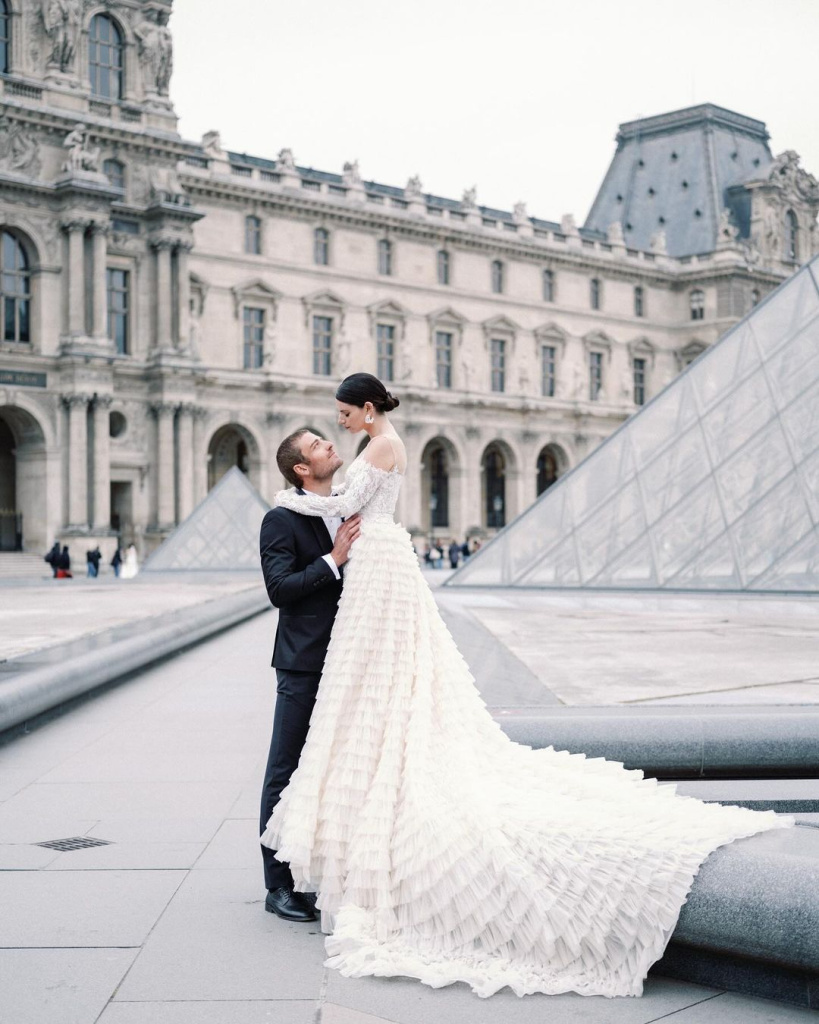
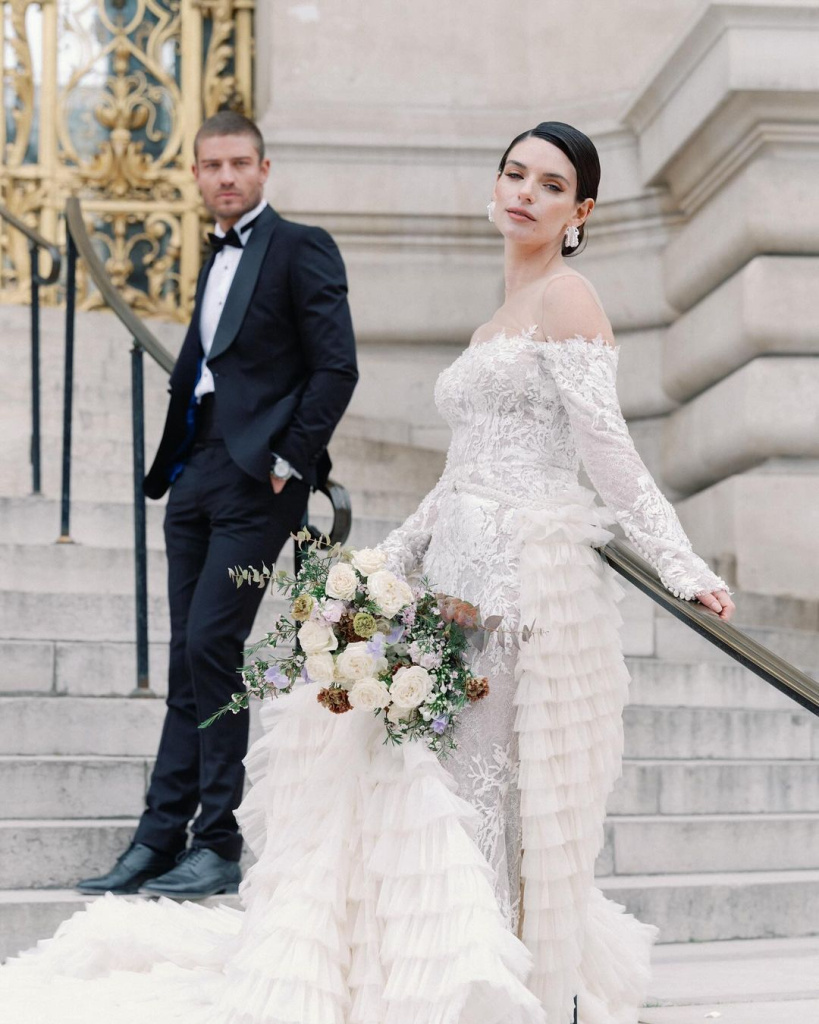
When you plan a wedding in Paris as an international couple, ensuring that your marriage is recognized in your home country is crucial. This process involves legalizing and authenticating the marriage certificate obtained in France. Here’s what you need to know to navigate this important step.
Obtain a French Marriage Certificate
Firstly, after your marriage in France, you will receive a French marriage certificate. This document is the official record of your marriage and is necessary for all further legal proceedings regarding your marriage, both in France and abroad.
Apostille Certification
For your marriage to be recognized in most countries outside of France, your French marriage certificate needs to be apostilled. An Apostille is a form of authentication issued to documents for use in countries that participate in the Hague Convention of 1961. The Apostille ensures that public documents issued in one signatory country will be recognized as valid in another signatory country.
Where to Obtain an Apostille
In France, the Apostille is obtained from the "Cour d'Appel" (Court of Appeal) in the region where your marriage took place. You need to submit the original marriage certificate, and sometimes a request form, to the Cour d'Appel, which will then attach the Apostille to the document.
Translation Requirements
If your home country’s official language is not French, you will likely need to have the apostilled marriage certificate translated. This translation must be done by a sworn translator who is recognized by the French courts. The translated document might also need to be certified for international use.
Legal Recognition in Your Home Country
Once you have the apostilled and translated marriage certificate, you must usually present it to the relevant authorities in your home country for your marriage to be recognized legally. This might involve submitting it to your local registry office or a similar authority.
Additional Documentation
Depending on your home country’s regulations, additional documentation may be required to register your marriage. It’s important to verify these requirements before you leave France to ensure you have all the necessary documents. This might include proof of identity, residency, birth certificates, and divorce decrees if previously married.
Consult with Legal Experts
Given the complexities of international law, consulting with legal experts both in France and in your home country is advisable. They can provide specific guidance tailored to your situation, ensuring that your marriage in Paris is legally recognized worldwide without unforeseen complications.
Checklist for Planning a Destination Wedding in Paris
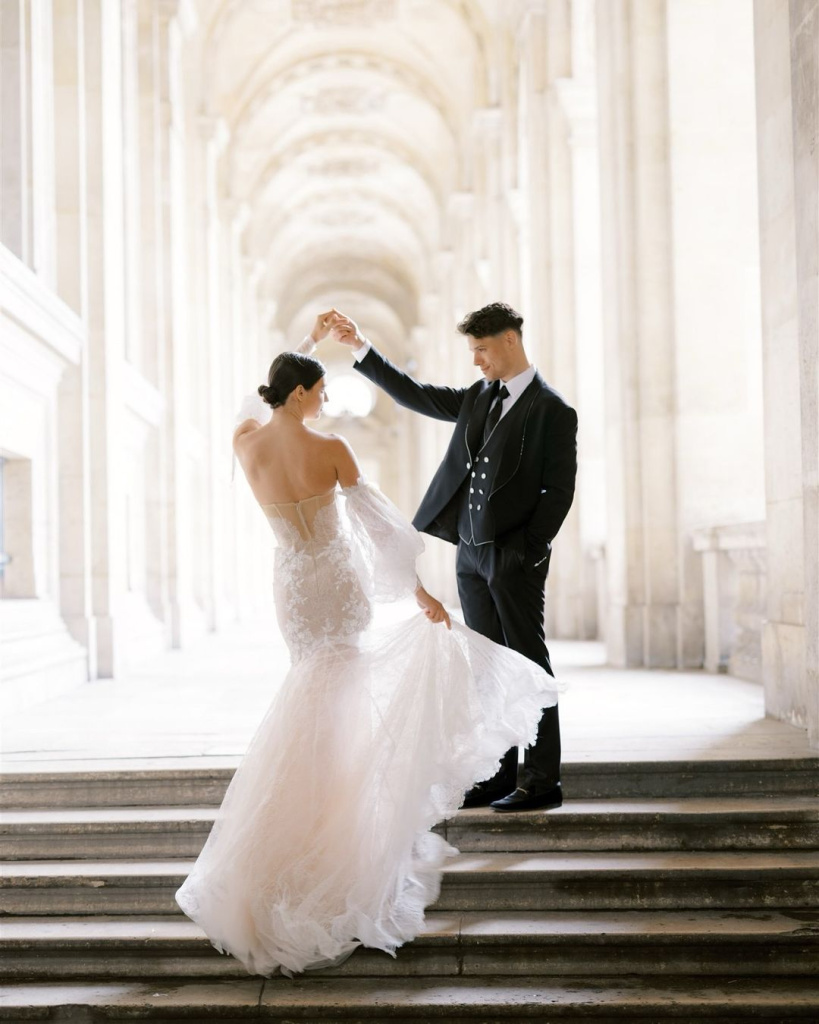
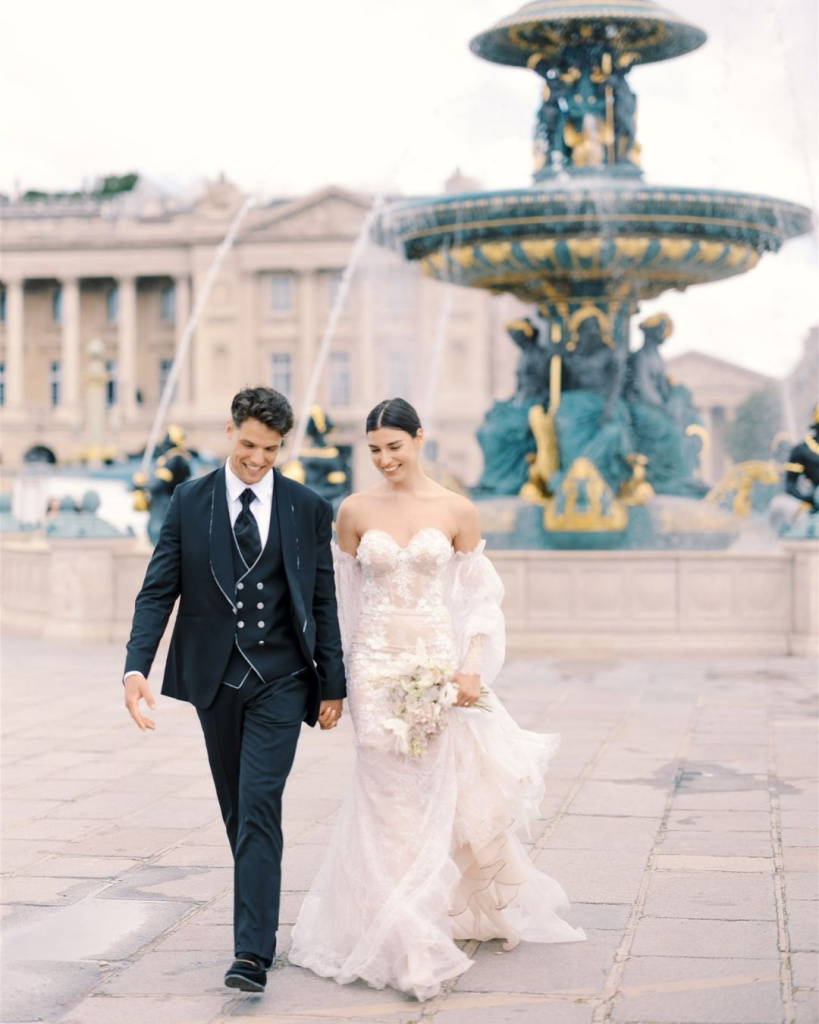
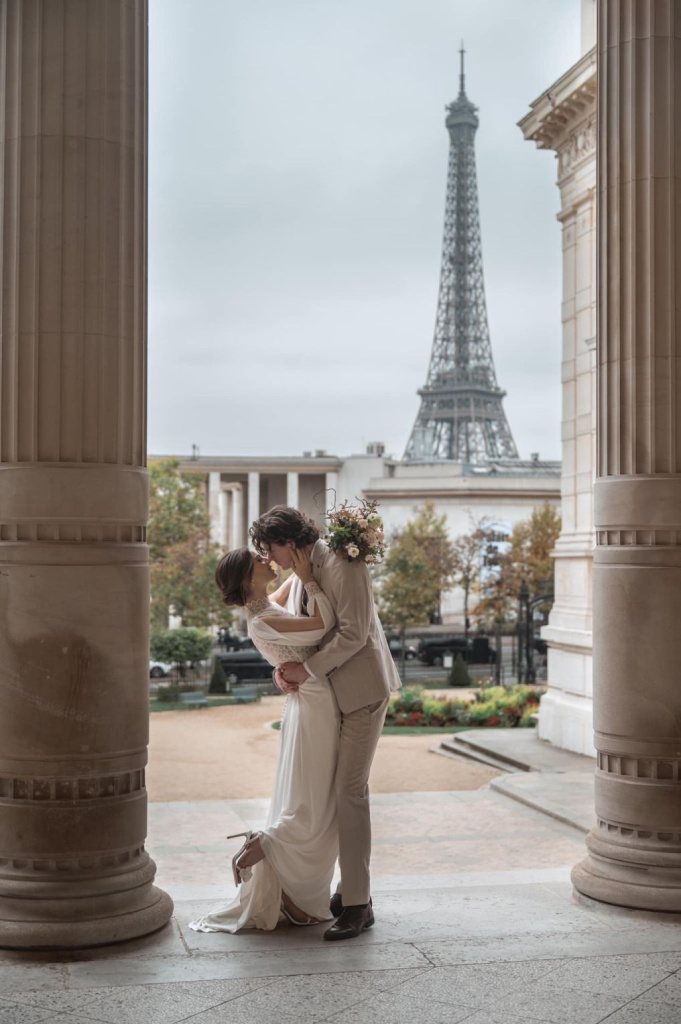
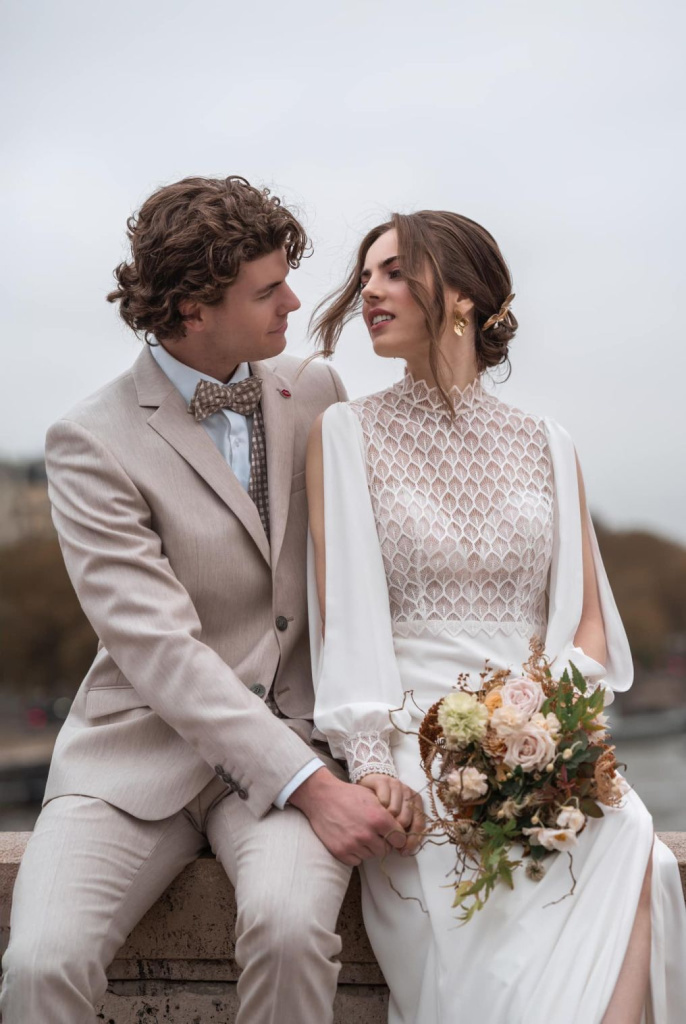
Planning a destination wedding in Paris requires meticulous organization and attention to detail. Here’s a comprehensive checklist to help ensure that your Parisian wedding goes off without a hitch:
- Confirm residency requirements for marriage in France.
- Gather necessary documents: passports, birth certificates, proof of residency, certificate of celibacy, and certificate of law (Certificat de Coutume).
- Plan for document translations and obtain Apostille stamps where necessary.
- Schedule and attend a meeting at the local mairie (town hall) where you plan to marry.
- Secure a date and time for the civil ceremony.
- Research and select a wedding venue that aligns with your vision and budget.
- Book your venue and confirm the reservation with a deposit.
- Hire a wedding planner experienced with destination weddings in Paris.
- Select and book vendors: photographer, videographer, caterer, florist, and musicians.
- Arrange for a tasting session with the caterer if possible.
- Organize transportation for guests if needed (shuttle services, car rentals).
- Block hotel rooms or arrange other accommodations for guests.
- Send out save-the-dates and formal invitations with RSVPs.
- Create a detailed itinerary of the wedding events and share it with guests.
- Consider a welcome bag for guests, including items like maps, snacks, a mini French phrasebook, and a schedule of events.
- Decide on the ceremony type (religious, secular, symbolic) after the civil ceremony.
- Plan the layout and decoration of the venue.
- Confirm the menu and beverage selections.
- Organize seating arrangements.
- Choose and order a wedding cake or traditional French dessert like croquembouche.
- Prepare for any cultural or traditional customs you wish to include.
- Select wedding attire suitable for the chosen season and venue.
- Schedule fittings and final dress/tuxedo adjustments.
- Purchase or organize wedding bands.
- Plan beauty appointments (hair, makeup, nails) for the wedding day.
- Have a final meeting with your wedding planner and vendors to go over the details.
- Confirm guest count and provide final numbers to the caterer and venue.
- Create a timeline for the wedding day and share it with your wedding party and vendors.
- Prepare payments or tips for vendors for the wedding day.
- Pack all necessary documents, attire, and personal items for travel.
- Arrive in Paris at least a few days before your wedding to handle last-minute details.
- Meet with vendors and do a walkthrough of the venue.
- Host a pre-wedding event (rehearsal dinner, welcome reception) to greet guests.
- Ensure that all legal paperwork is in order for the wedding day.
This checklist aims to cover all critical aspects of planning your destination wedding in Paris, making sure every detail is addressed to create a smooth and memorable experience for you and your guests.







